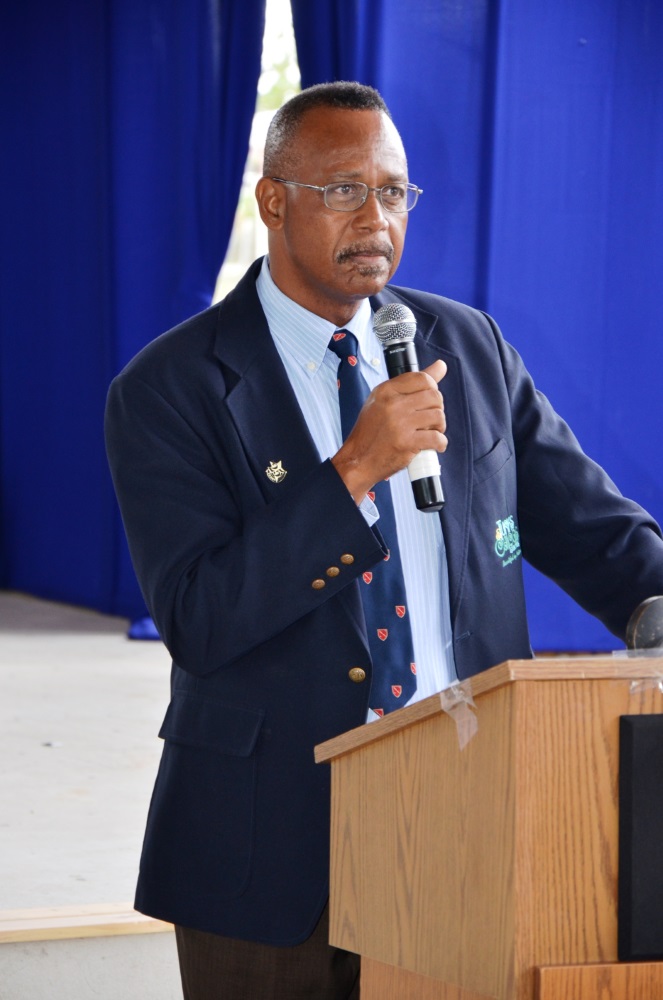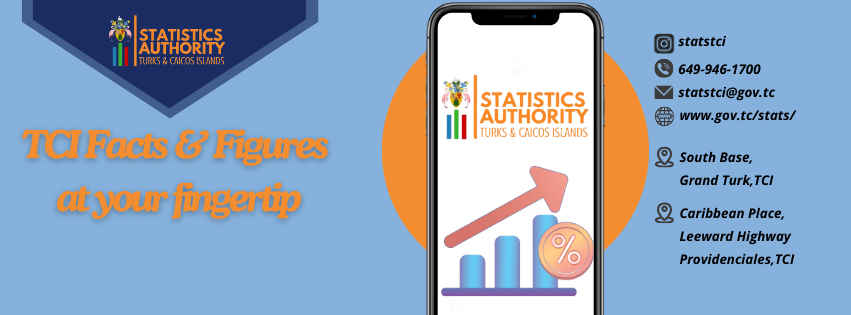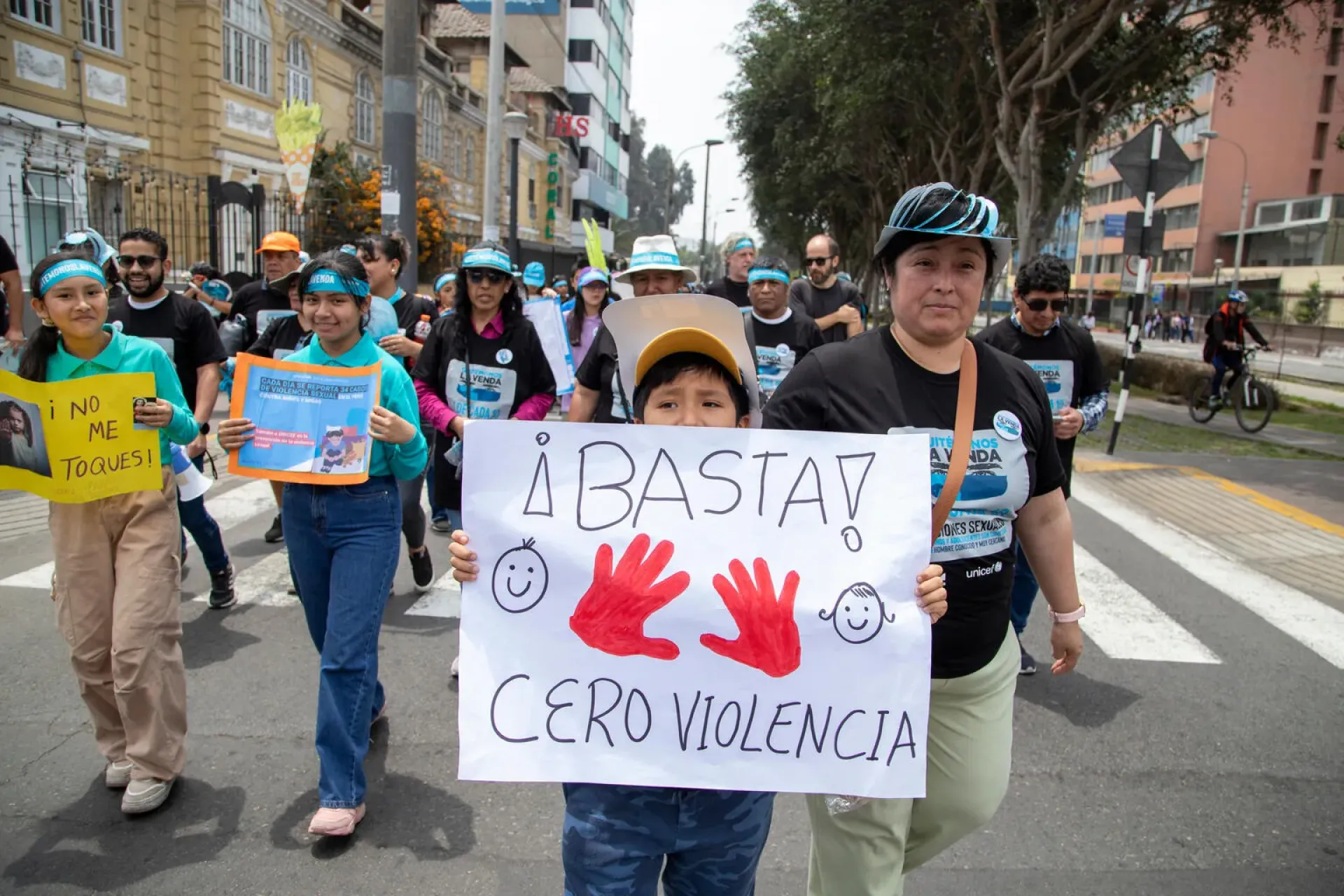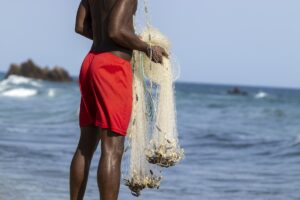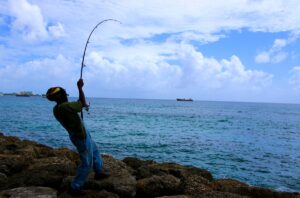WASHINGTON, D.C., Aug. 4 (JIS): Jamaicans and friends of Jamaica turned out in large numbers on Sunday,
August 2, at Howard University’s Dumbarton Chapel for a service of Thanksgiving, in celebration of Jamaica’s 53rd anniversary of independence.
The annual church service, which is the centrepiece of the Embassy of Jamaica’s commemorative activities, was attended by a capacity audience, which included members of the Jamaican community in the Washington metropolitan area, Baltimore and Richmond, Virginia.
Also in attendance were several members of the Washington Diplomatic Corps, along with a strong contingent of CARICOM Ambassadors as well as representatives of international organisations in Washington.
Prime Minister, the Most Hon. Portia Simpson-Miller, in her message read by Charge d’Affaires at the Jamaican Embassy, Marsha Coore-Lobban, said that independence 53 provides for Jamaica and Jamaicans at home and in the Diaspora, a timely moment for reflection.
“At this juncture in our history and development, as a nation and people, we reflect on the road we have travelled, the significant social, economic and political advances we have made and the challenges we have encountered and overcome,” she said.
The Prime Minister said that amidst the celebrations, “we should ponder the developmental challenges that remain and fashion strategies and approaches to mobilize the nation to surmount them.”
Mrs. Simpson Miller pointed out that the nation’s resolve to face the future with confidence, is strengthened by the many successes in the past, and that one of the proudest and most enduring achievements has been the country’s exemplary democratic tradition that has stand the test of time.
She said that Jamaica’s mature democracy continues to guarantee the people important social, economic, political and religious freedoms that have now been enshrined in a charter of fundamental rights and freedom anchored in the Constitution of Jamaica.
“It is on this time-honoured achievement that we stand today to proclaim our independence theme this year, ‘Proud and Free, Jamaica 53’, said the Prime Minister.
Delivering the sermon, General Secretary of the Baptist World Alliance,
Rev. Dr. Neville Callam, recalled that after 131 years, without a gun being fired, the Jamaican people were emancipated.
“Today, we strive to live into the reality of our emancipation and independence by continuing the fight for freedom from mental slavery and other deleterious consequences of negative developments in our history,” proclaimed the General Secretary.
He said that in spite of the many challenges the people of Jamaica face, “we are encouraged by the signs of hope that dot the landscape of Jamaica’s contemporary history.”
The former pastor of the Tarrant Baptist church said “we should also consider the way we have preserved a liberal democratic ethos in Jamaica,” noting that people of many nations could learn much from the way “our elections are conducted.”
He listed some of the country’s achievements to include the exploits of the sporting stars – Usain Bolt, Asafa Powell, Shelly-Ann Fraser, Veronica Campbell-Brown and Brigitte Foster-Hylton.
Rev. Callam also recalled the performances of the Sunshine Girls and the Reggae Boys on the netball and football fields, respectively; and the amazing developments in the arts and in medical research.
Lessons were read by Senator Shirley Natham-Pulliam of the Maryland Senate; Jacob Phillips, who represented the young in the Diaspora, and Colonel Jacqueline Payne Borden, President of the Washington based Jamaica Nationals Association. The gospel reading was done by Dr. Milton Morris.
The service was officiated by Jamaican Theologian and Dean of the School of Divinity at Howard University, Dr. Bertram Melbourne, assisted by Rev. Sylvia McDonald Kaufman, one of the Pastors at the Andrew Rankin Memorial Chapel.
The offering at the service will benefit the Portland Infirmary and Bellevue Hospital.
Following the church service, a reception was hosted by Charge d’Affaires of the Embassy of Jamaica, Marsha Coore-Lobban.


 News3 days ago
News3 days ago
 TCI News5 days ago
TCI News5 days ago
